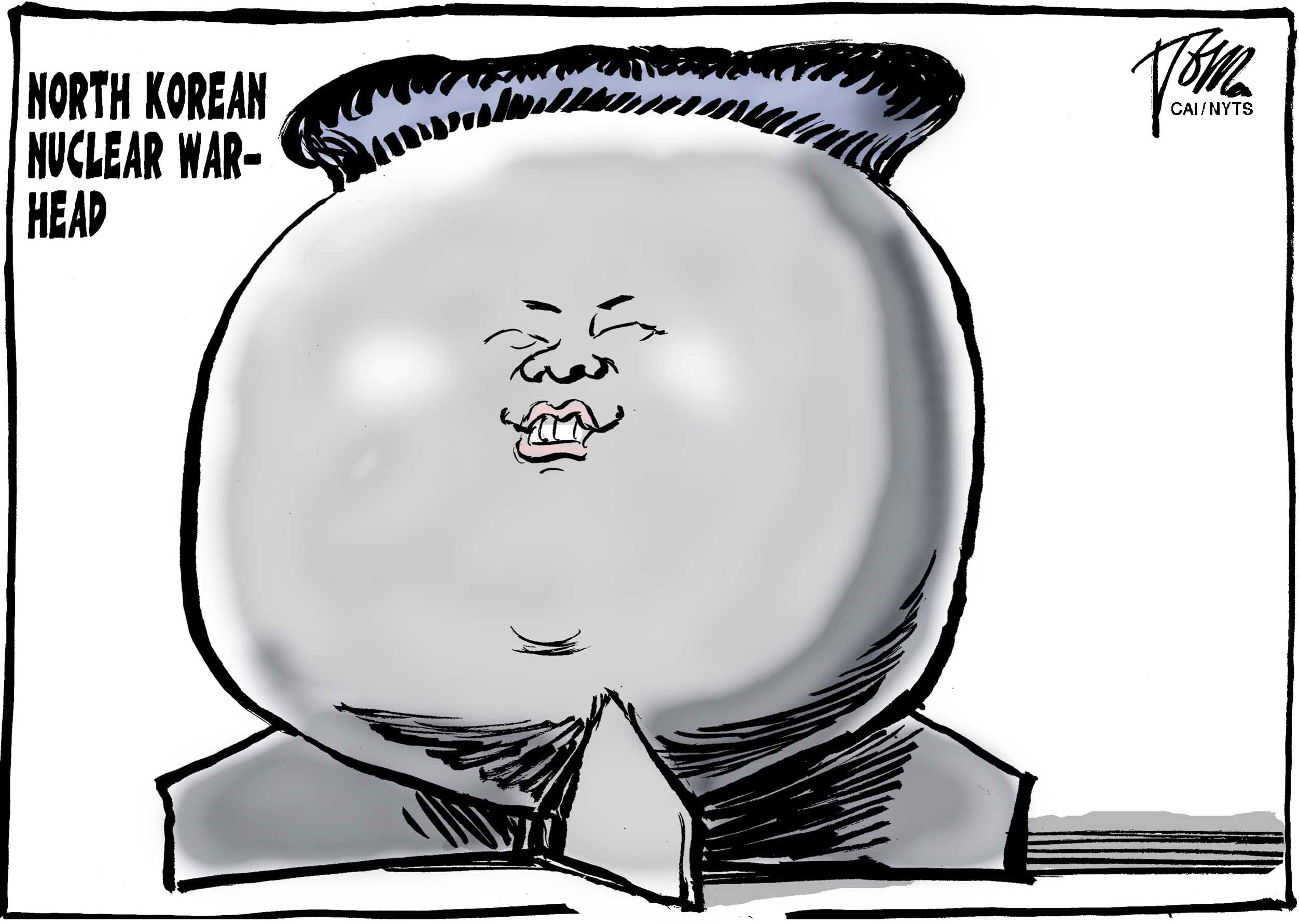Americans think they have done everything short of war to stop North Korea from becoming a nuclear weapons state. To be sure, Washington has encouraged the sporadic moves by Seoul and Pyongyang to cooperate and grope toward confederation. The U.S. government has supported programs to feed the hungry and treat the sick in North Korea. However, Washington did nothing to help North Korean musicians to reciprocate the New York Philharmonic's performance in Pyongyang in 2007. Instead, the United States has supported radio broadcasts to show North Korea's people the nature of their rulers — part of what one specialist calls "hack and frack."
The U.S. Treasury and U.S. diplomats at the United Nations have worked to tighten sanctions to choke Pyongyang's weapons programs and penalize its rulers for their abuse of human rights. Washington has importuned Beijing to rein in its rogue client, though to limited effect. The Clinton administration considered a surgical strike on North Korea's nuclear facilities in 1994, but this option has become too dangerous to contemplate. As with the former Soviet Union, the U.S. has sought to contain a dangerous foe. Washington has maintained powerful forces in South Korea, Japan and across the Pacific Ocean to reassure allies and deter North Korea aggression. None of this, however, has stopped the North from acquiring weapons of mass destruction.
Has the U.S. fully explored a negotiated settlement of its differences with North Korea? The answer is both yes and no. President George H.W. Bush gave an impetus to negotiation when he withdrew all nuclear weapons from South Korea in 1991. Within months, Seoul and Pyongyang agreed to denuclearize the peninsula. Soon, however, each side accused the other of violating parts of the accord.


















With your current subscription plan you can comment on stories. However, before writing your first comment, please create a display name in the Profile section of your subscriber account page.